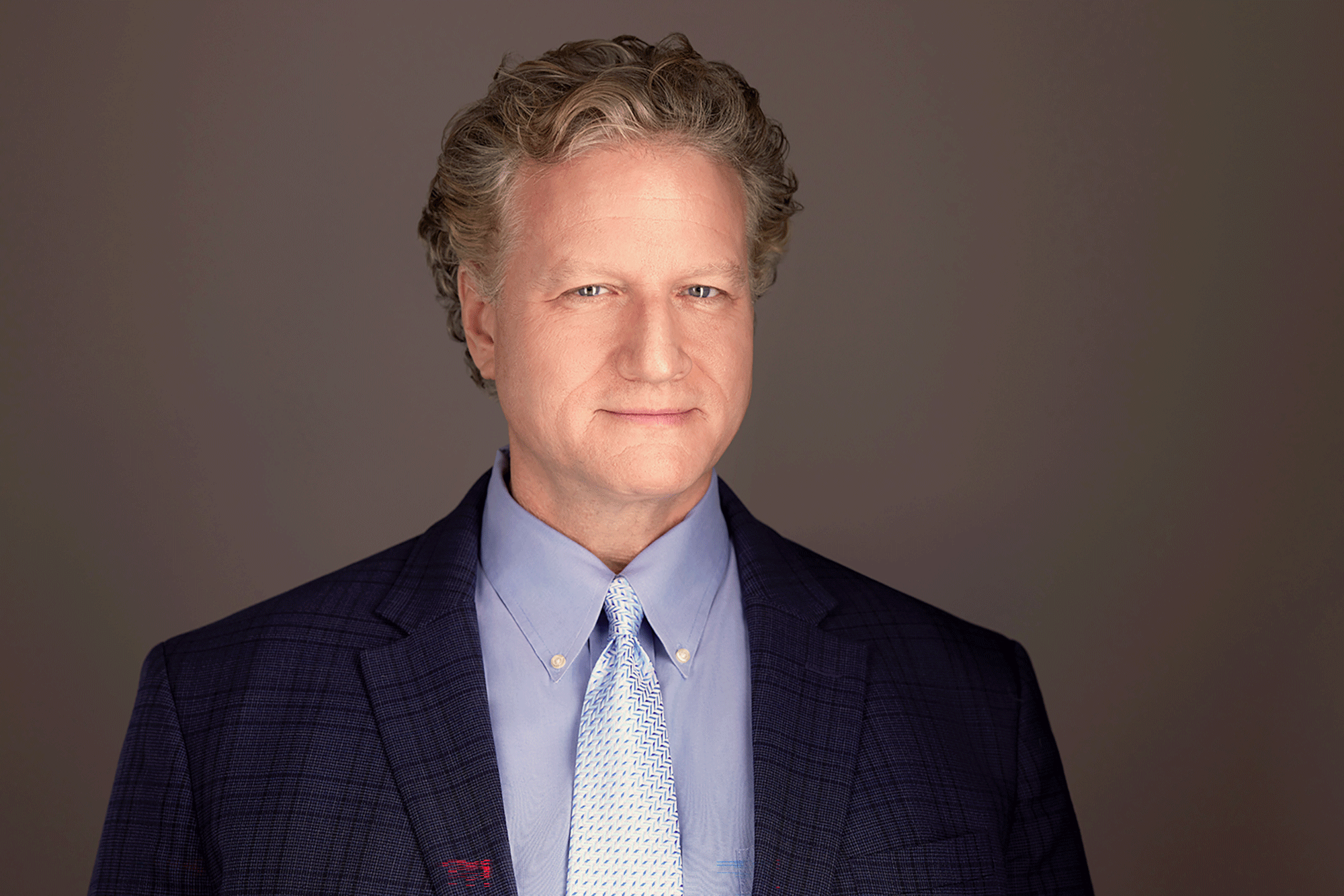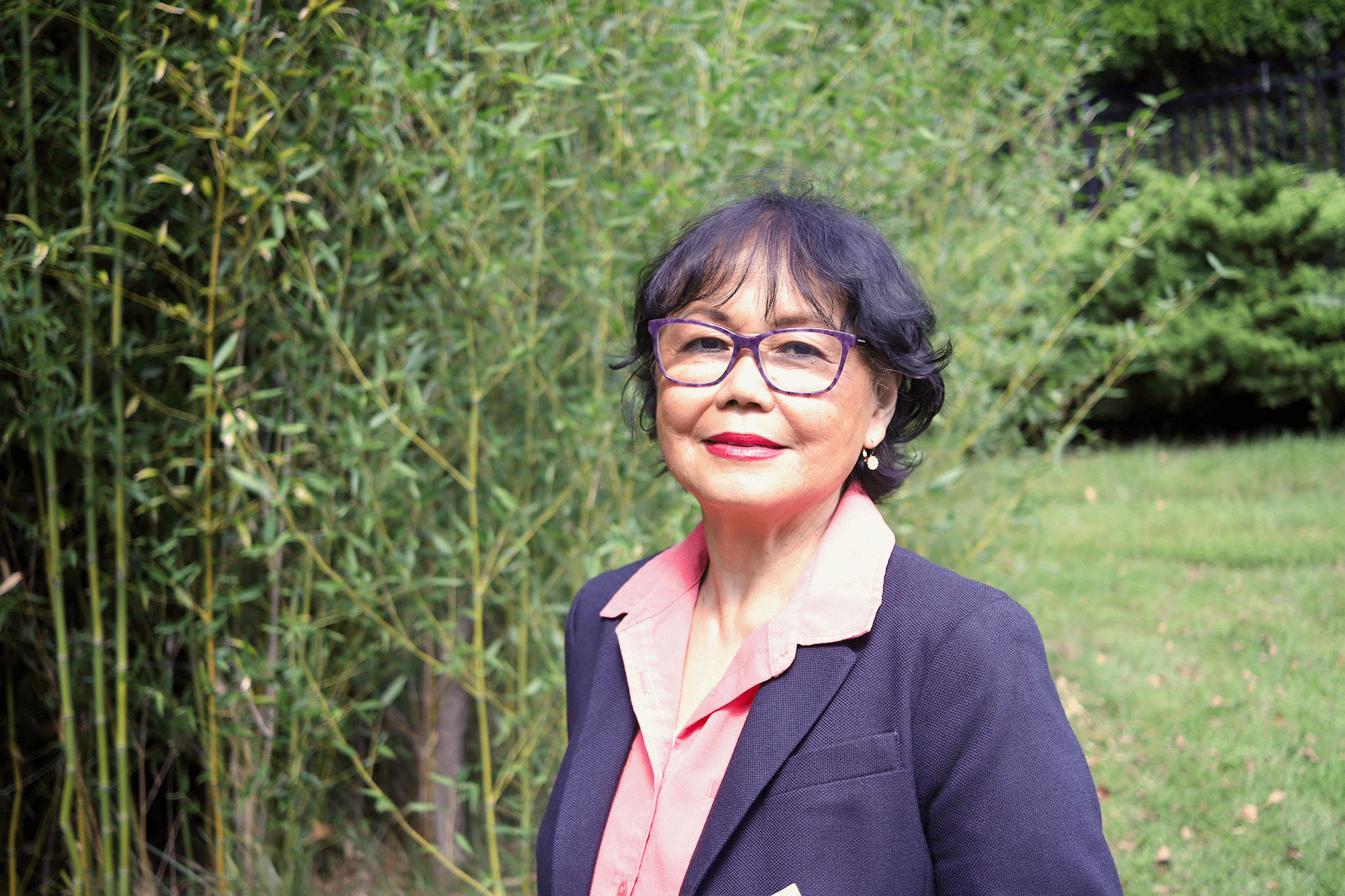On this page
Thomas Waite
President and CEO, K16 Solutions
Tempe, Arizona
Program: Advanced Business Strategy: Gaining a Competitive Edge
From the moment I registered through the end of the program, I didn’t need to search for anything. The Professional & Executive Development team answered — and even preempted — every single question along the way.
Why did you decide to participate in a Harvard professional development program?
I’ve been working in the educational technology space for over 20 years and I’m very passionate about quality online education. I often felt that I could develop software that improved the online educational experience. And so I went all in. My wife and I, my family, we started this company. And by all in, I mean to the edge of the abyss: we’ve invested every dime, every dollar, every ounce of energy. And I’m happy to say that it’s exploded. It’s been a surreal dream. We’ve grown very quickly, and we’re on the verge of growing more.
K16 Solutions has a truly wonderful, thoughtful board of directors. They’ve encouraged me to invest in myself, to look into what will help me keep my mind and my hands on the growth we’re hoping for. I wanted a program that focused on business models, on business case studies. I wanted a professional development program that focused on what we need to run our company day in and day out. And I know that it sounds odd to think, “turn to Harvard,” if you don’t want an academic program. But that’s exactly what I found, and the program absolutely exceeded expectations.
Why did you choose this specific program?
I have a lot of smart people around me at K16 Solutions. I have really dedicated people focused on finance, operations, and programming. I am responsible for strategy. It’s my job to plan for our success in two years, four or five years, even 10 years out. The program descriptions on the Harvard site kept coming back to me during my research. I kept going back to what I read on the website.
But what really made the decision for me was the ease of use and the staff. Harvard Professional & Executive Development just hit it out of the park at every turn.
What this program really got right — that a lot of other institutions don’t — is in the communication, the support, and the moderator. The moderator from start and stop was brilliant. The team surrounding Jon [Fay] and the participants made sure we had everything we needed and that the program ran smoothly.
From the moment I registered through the end of the program, I didn’t need to search for anything. The Professional & Executive Development team answered — and even preempted — every single question along the way.
How do you feel the program has helped you in terms of your role and your organization?
Jon shared a set of materials that provided a step-by-step guide on how to think strategically. I use it every day, every week, whenever I focus on strategic planning. He showed us how to accumulate and research applicable case studies. The tools Jon offered are very much focused on real life, high-level business cases that a CEO could use to build a company.
My co-workers have really noticed a difference in my strategic thinking since taking this program. I feel I’m more strategic with our whole team. I am now approaching planning with more brain, and less heart.
Jon’s background is incredible. And he taught with a level of humility that was very appealing and kept everyone engaged. And that resonated with me because a lot of emotional intelligence goes into this company. I have a very strong “no egos, no jerks” rule.
I would have loved to have taken this program years ago, before I started this company. It would have saved me a lot of time. I can see very clearly how much it would have helped me.
What was your most memorable lesson or takeaway from the program?
If there’s one thing that Jon taught me, it’s that there’s a very strict process to strategic thinking. Of course, to a certain extent strategy is guesswork, it’s art. There’s some science, there’s some math, there’s some art. And, frankly, there’s some bs. After all, no one I’ve met yet can predict the future. So until I meet that person, I have those specific steps that Jon gave me on how to analyze the situation and to strategically attack it.
That’s just made a huge difference. I don’t have to be dreamy or bold or — although I really hate this word because it’s used too much — passionate. Thanks to this program, I can be strategic, really strategic, in my dreaming and planning.
What was the most challenging aspect of the program for you?
Throughout the program, we had to answer on the fly, we had to do presentations on the fly. That’s not easy with four or five strangers from around the world. But it worked. I’m very social, but when it comes to work like that, I want my desk, my books, my things to do my work. Coordinating the group work was quite challenging for me.
Although the group exercises were challenging, they were also extremely well done.
As we were working, Jon and the moderator jumped in and out of our groups, listening and guiding. In fact, it was just so well moderated that I don’t believe it would have mattered whether we were face to face or not. In my view, I missed nothing by the program being virtual. The moderator kept the program moving forward so Jon could stay engaged in the more technical expertise and discussions. As much as I’m in and out of classrooms at hundreds of different institutions, that was the first time I’ve seen a program moderated in that way. It was brilliant.
What did you find most rewarding about the program?
I think the relationship with Jon was highly rewarding. He practices what he preaches. He’s not just theoretical; he applies his methodology to his research and work. I hope I was able to bring my practical experience to the program as well.
In what ways did the program help you build your network?
I felt like most of the participants were really a like-minded bunch. Everyone was there to learn and discuss, and there was a nice thread of humility throughout the program. No one was out to show anyone anything.
Five or six of us who participated in the program together are still in touch. One’s an executive in Munich, others are executives in Malaysia, New York, and Washington. We’ve had some great communications over LinkedIn together.
I appreciate making the world a smaller place but more importantly, it’s great to have people who might have a different perspective but can still discuss the same kinds of business problems. That’s powerful networking.
Is there anything else that you’d like to add?
Of course, it’s great attending a program with the Harvard cache. But the service at Harvard Professional & Executive Development programs outshines everyone. The service, the support, the communication, the ease of the website, the ease of the registration process: they were all top notch. This program was truly a home run.
Describe your Harvard Professional & Executive Development experience in one word.
Applicable.
This interview has been edited for length and clarity.

